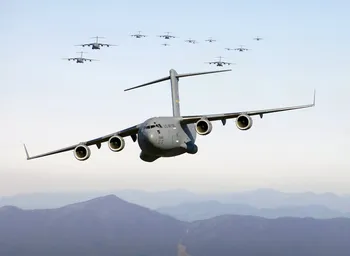Expected Impact:
The outcome should contribute to:
- Reduce dependencies on non-European suppliers by boosting the EDTIB and promoting the development of a European solution.
- Increase variations of military medical simulation training scenarios, providing better-prepared personnel both at individual and team's level, including distributed, multi-national team training.
- Enable one-stop toolbox of interconnected simulation systems that are currently dispersed across Europe to create unified environment for Prolonged Field Care military medical training, including mixed, augmented, hybrid, part-task trainers, logistics and manikins.
- Expanded immersive virtual reality simulation training environment for continuous education and maintenance of readiness for military medics critical for their missions, particularly in Prolonged Field Care circumstances with situations having high casualty numbers requiring treatment of polytrauma including CBRNE injury types.
- Significantly enhance availability, intensity, and speed of military medical personnel training.
- Reduce costs for military medical personnel cooperation training, particularly on cross-border training practices.
- Increase interoperability between paramedics, military medical (support) personnel and civilians both in military and natural disaster context.
- Provide more accessible training environments to strengthen cross-border civil-military medical forces collaboration for emergency preparedness, resulting in increased patient safety- enabled reuse of simulation data on user performance for strategic and tactical decision-making of national armed forces.
- Provide Military Medical Modelling & Simulation as a Service to the IT





